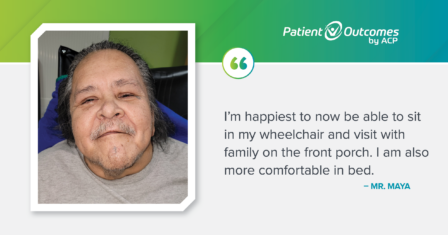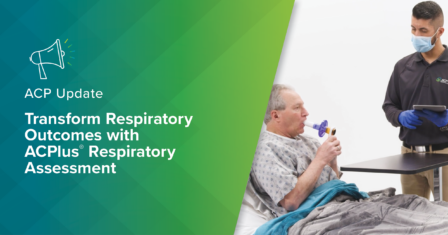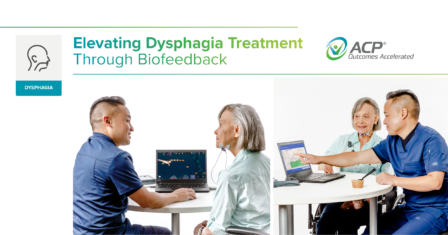Dementia Care With Advanced Rehab Technology: Goal-Oriented Activity

As dementia progresses, the ability to think clearly and function independently becomes impaired. Traditional therapy becomes increasingly difficult in this population and goal-oriented rehab with biofeedback may be a key factor in improving function.
- Patient-specific goal-oriented cognitive rehab in those with dementia improves targeted daily functional activities. (Clare et al., 2019)
- In community dwelling older adults with mild cognitive impairment, 12 weeks of VR-based physical and cognitive training using biofeedback improved cognitive function and was superior in improving IADLs compared to traditional physical and cognitive training. (Liao et al., 2020)
Advanced Rehab Technology can play a role in the rehabilitation of individuals with dementia. For optimal results use technology that includes goal-oriented activities utilizing biofeedback with simplified and engaging graphics.
OmniCycle®
OmniStand®
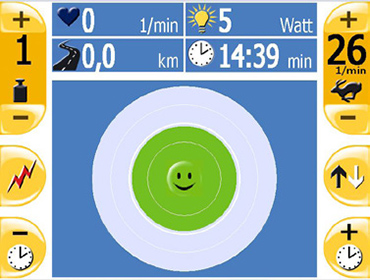
Upper Extremity Biofeedback Cycling provides
green smiley face when the patient participates
at targeted force.
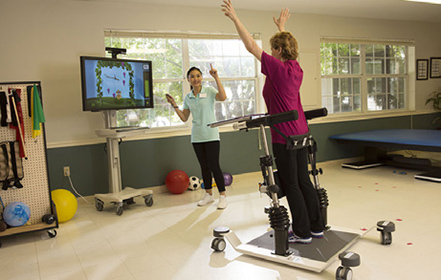
Dynamic Balance System can provide standing support during goal-oriented activities with the OmniVR® (motor/cognitive dual tasks).
OmniVR®
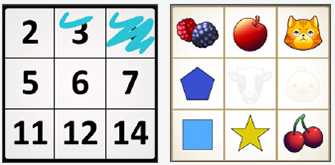
Bingo turns a familiar game into sit-stand exercise.
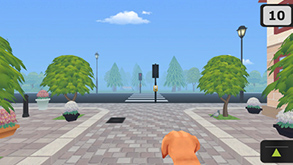
Walk the Dog incorporates a fun twist on gait activity while the patient navigates obstacles and traffic signals.
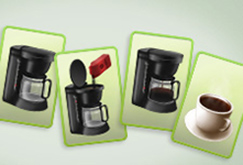
ADL Sequencing incorporates extremity movement with selecting items in proper sequence for task completion.
OmniFlow®

The Dandelion incorporates blowing dandelion seeds into the air using regular controlled breathing and forced exhalation (ACBT/Huff technique) exercise.

Sail Away incorporates blowing to move a
sail boat across the water using controlled
expiration exercise.
References:
Clare, L., Kudlicka, A., Oyebode, J. R., Jones, R. W., Bayer, A., Leroi, I., Kopelman, M., James, I. A., Culverwell, A., Pool, J., Brand, A., Henderson, C., Hoare, Z., Knapp, M., & Woods, B. (2019). Individual goal-oriented cognitive rehabilitation to improve everyday functioning for people with early-stage dementia: A multicentre randomised controlled trial (the GREAT trial). International journal of geriatric psychiatry, 34(5), 709–721.
https://doi.org/10.1002/gps.5076
Liao, Y. Y., Tseng, H. Y., Lin, Y. J., Wang, C. J., & Hsu, W. C. (2020). Using virtual reality-based training to improve cognitive function, instrumental activities of daily living and neural efficiency in older adults with mild cognitive impairment. European journal of physical and rehabilitation medicine, 56(1), 47–57. https://doi.org/10.23736/S1973-9087.19.05899-4
Authors:
Andreé Akst, PT, MPT, CEEAA, NASM-CES, Clinical Services Content Specialist
TOTM-00033
Latest Updates
Subscribe to stay up-to-date on our latest posts.

